CPU 6 Core Vs 8 Core Video Editing | Explained Differences
In today’s digital age, video editing has become an essential skill, whether you’re a professional filmmaker or someone who enjoys creating content for social media. When it comes to video editing, one of the crucial decisions you need to make is choosing the right CPU for your computer.
The number of cores in a CPU plays a significant role in determining its performance, and if you are confused about choosing between 6-core and 8-core, then this article will help you to choose the right one. In short, if your limitation is 4k then 6 core CPU is enough and if it goes beyond 4k then 8-core will be the right one.
In this article, we’ll dive deep into the differences between these two options and help you decide which one is better suited for your video editing needs.
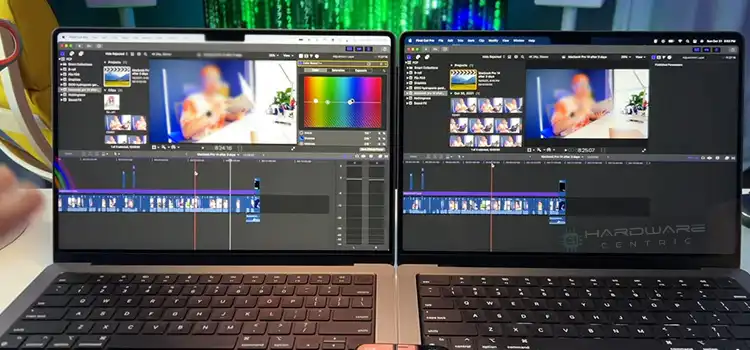
Between 6 Core and 8 Core CPU Which One is Better?
Let’s dive into the big question: When it comes to video editing, should you opt for a CPU with 6 cores or one with 8? Well, the answer isn’t a simple “one-size-fits-all” solution. It depends on factors like the type of videos you create, your budget, and how long you want your computer to remain relevant.
6 Core CPU
A 6-core CPU offers a good balance of performance and affordability. It means your computer has six mini-brains (or cores) working together to handle tasks. When it comes to basic video editing tasks like cutting out parts of a video, putting clips together, or adding straightforward effects like transitions or text, a 6-core CPU can handle these with ease.
For instance, when you’re trimming down a video clip or stitching together a few scenes for your social media posts or YouTube channel, a 6-core CPU can process these tasks quickly. It ensures that you don’t have to wait around for your computer to catch up with your creative ideas.
So, if your video editing needs fall into the casual category, a 6-core CPU is like having the right tool for the job. It’s cost-effective and gets the job done smoothly, making it perfect for creating content for platforms like social media or YouTube where speed and simplicity matter.
8 Core CPU
An 8-core CPU is like having a supercharged engine under the hood of your computer. Instead of just six mini-brains, you now have eight cores working together harmoniously. This extra muscle becomes crucial when you’re handling tasks like editing 4K or 8K resolution videos, applying complex and stunning effects, or aiming for top-notch video quality.
When you’re working on those ultra-high-definition videos, an 8-core CPU doesn’t break a sweat. It processes these hefty files smoothly, ensuring you can edit, render, and preview your work without frustrating delays. Additionally, it’s a wizard when it comes to applying intricate effects and fine-tuning your videos to perfection.
No wonder, this type of CPU is often the go-to choice for professionals in the video editing world. They require the utmost precision and speed, and an 8-core CPU delivers just that. It’s like having a Ferrari in the world of video editing tools, ensuring your projects shine with exceptional quality and efficiency.
Benchmark Score Differences for Video Editing with 6 Core and 8 Core
Now, let’s take a look at a few benchmark scores that will help you to find out the champion in this CORE debate. This test was done by CGDITECTOR and TOM’s Hardware. The benchmark scores were collected for HandBrake, FLAC, and Premier Pro software.
1. HandBrake
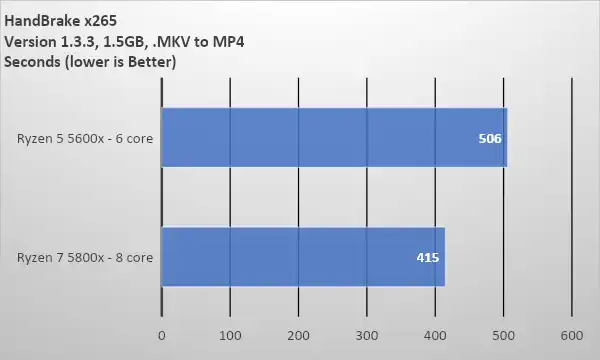
2. FLAC
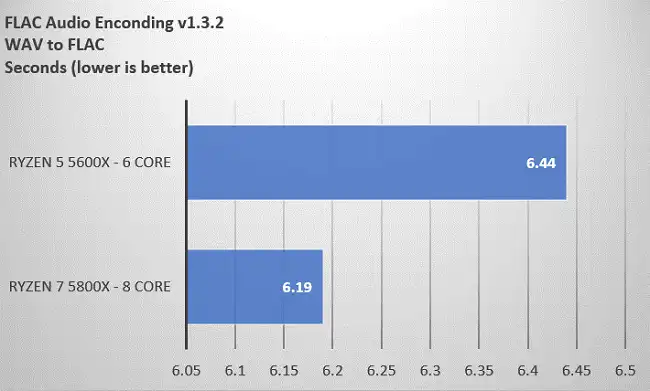
3. Premier Pro
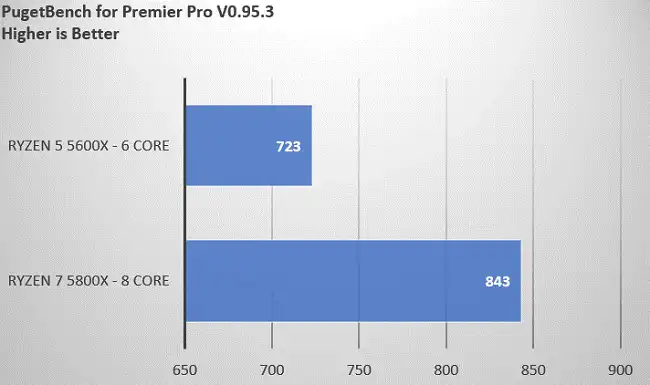
From here, you can clearly see that, in each aspect, decoding audio, converting video, and editing, everywhere 8 core CPU has outplayed 6 core CPU!
Questions Your Creative Mind Can Ask
Can I use a 6-core CPU for professional video editing?
Yes, a 6-core CPU can be used for professional video editing, but its performance may be more suitable for moderate to intermediate tasks. For high-end or complex projects, an 8-core CPU is recommended for better efficiency.
Are benchmark scores the only factor to consider when choosing a CPU for video editing?
No, while benchmark scores provide valuable performance insights, other factors such as system configuration, software optimization, and user experience also play a significant role in determining a CPU’s suitability for video editing.
What is future-proofing, and why is it important when choosing a CPU for video editing?
Future-proofing involves selecting hardware that can meet your needs not only in the present but also in the foreseeable future. It’s important for video editors to consider future demands and technologies to ensure their system remains capable of handling upcoming challenges.
End Notes
Lastly, it’s important to remember that your CPU isn’t the sole player on your computer team. Factors such as RAM, your graphics card (GPU), and the speed of your storage also come into play. So, when selecting a CPU, ensure it complements the overall configuration of your computer.
Subscribe to our newsletter
& plug into
the world of PC Hardwares
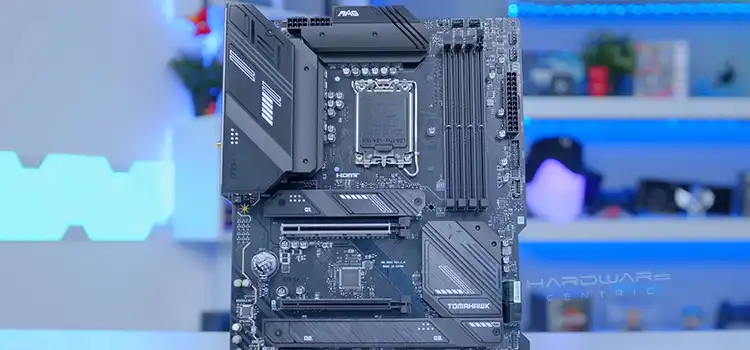
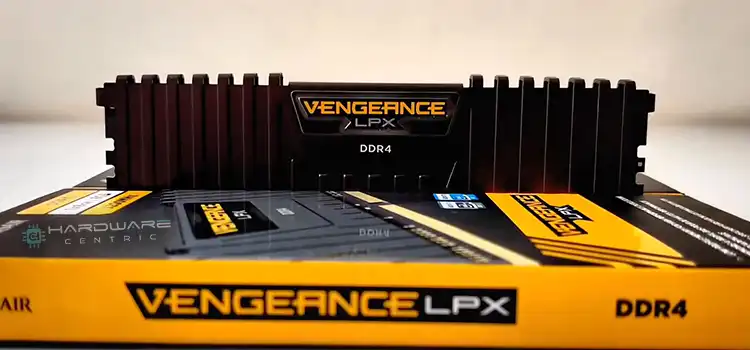
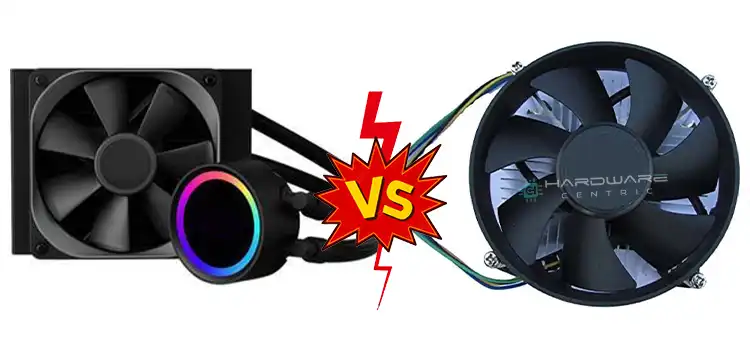
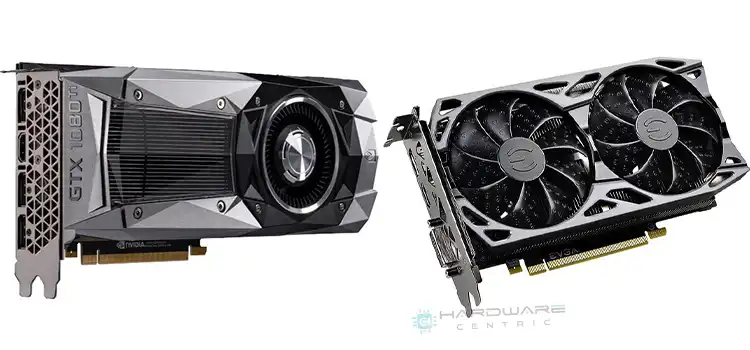
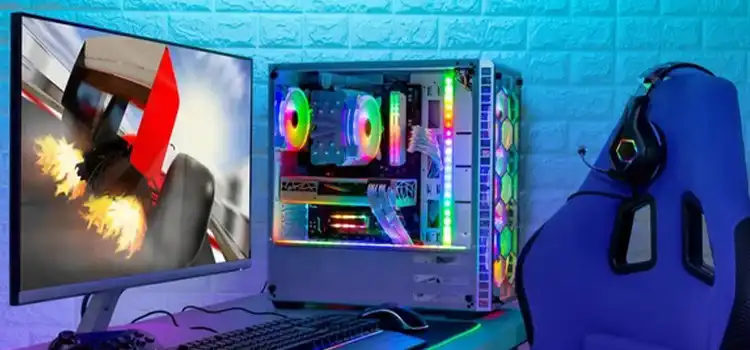
![How To Remove A Graphics Card From A Prebuilt PC [Explained]](https://www.hardwarecentric.com/wp-content/uploads/2023/11/How-To-Remove-A-Graphics-Card-From-A-Prebuilt-PC.webp)
